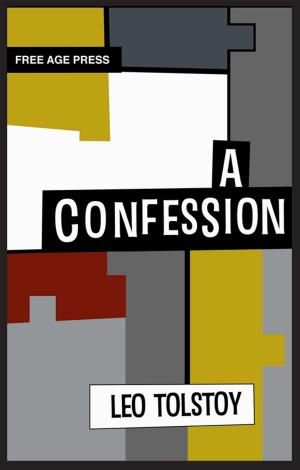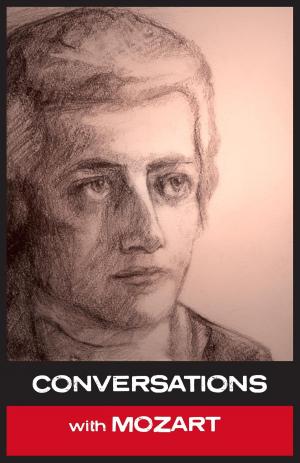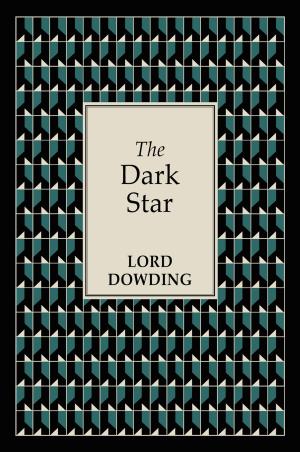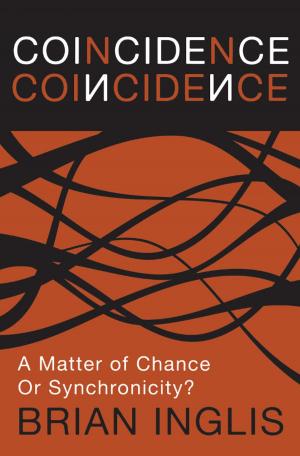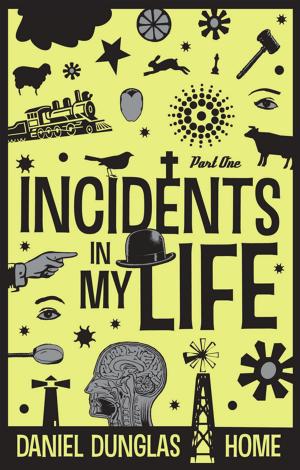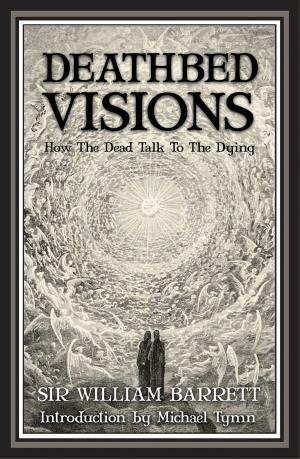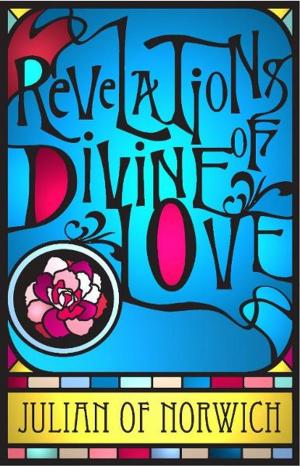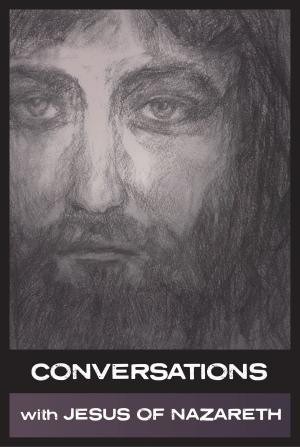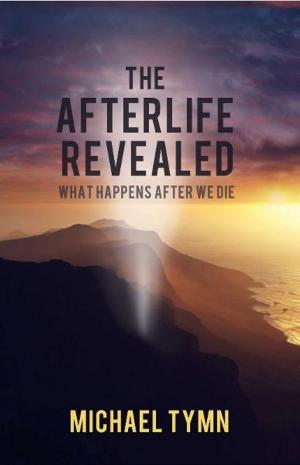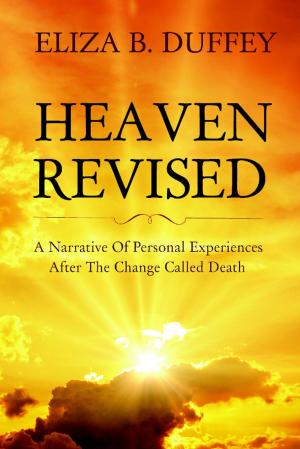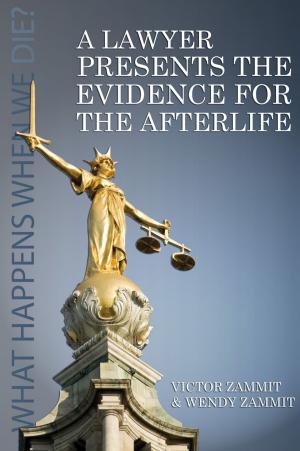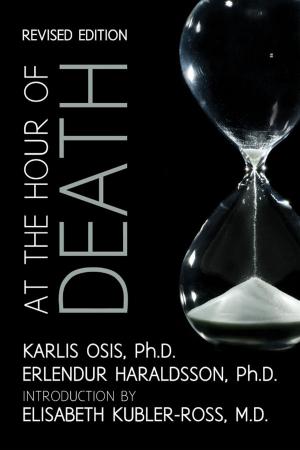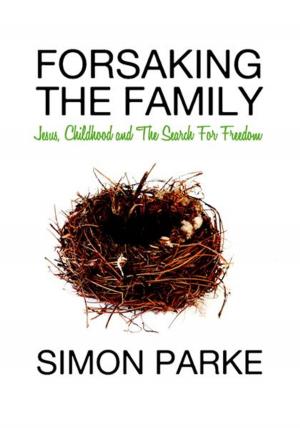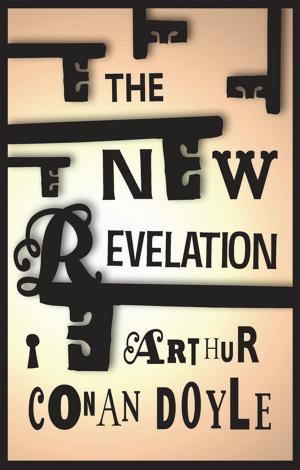Lychgate: The Entrance to the Path
Nonfiction, Religion & Spirituality, Occult, Spiritualism, New Age| Author: | Lord Dowding | ISBN: | 9781908733634 |
| Publisher: | White Crow Productions Ltd | Publication: | February 5, 2014 |
| Imprint: | White Crow Books | Language: | English |
| Author: | Lord Dowding |
| ISBN: | 9781908733634 |
| Publisher: | White Crow Productions Ltd |
| Publication: | February 5, 2014 |
| Imprint: | White Crow Books |
| Language: | English |
By 1940, World War II was raging, and one of the most prominent men in the UK was Air Chief Marshal Hugh Caswall Tremenheere Dowding - more widely known as, Lord Dowding. Dowding was the commander of RAF Fighter Command during the Battle of Britain and is generally credited with playing a crucial role in Britain's air defence, which contributed to the defeat of Hitler's plan to invade Great Britain.
What is less well known is, after the Battle of Britain Dowding devoted most of his life to exploring life after death, and what we now refer to as, psychical research. He authored four books on the subject, Many Mansions (1943), Lychgate (1945), The Dark Star (1951), and God’s Magic (1960).
Dowding’s introduction to life after death came when first wife Clarissa, died in 1920 after two short years of marriage. After her passing, he often attended séances where she allegedly ‘came through’ and they communicated on a regular basis.
After the war ended, Dowding was often contacted by mothers and loved ones of the airmen who died on his watch, and when he asked his local vicar how he should respond to their grieving, allegedly, the vicar replied, “Tell them they’re with God.” Not being content with the vicar’s answer, Dowding continued his own investigation, in an attempt to find the truth to the age-old question, “what happens after we die?”
He read everything he could on life after death, reincarnation, and spiritualism. He sat with mediums on countless occasions, and for many years in a home circle, and naturally he came to his own conclusions on the subject. In his book, Lychgate, he give’s an indication as to his leanings when he writes; to you I would say, "Read a little about Theosophy." Now I want to make it quite clear that I am not a Theosophist, I am a Dowding-ist if I am any kind of an -ist at all. But I do believe that the Theosophists are nearer to the truth than any other Western creed or sect of which I have heard. I say this not so much because I trust my own power of judgment, but because the little doles of information from the other side which we get in our circle from time to time so often fit into the Theosophical picture, and into no other frame.
Dowding met many psychics and mediums during his investigations and it seems he was followed by a band of deceased airman who were drawn to him. In his books, the communications with the airmen are fascinating. Often funny, sometimes sad, but never dull, Dowding’s experiences are a must for anyone pondering the nature of existence and whether we survive physical death.
By 1940, World War II was raging, and one of the most prominent men in the UK was Air Chief Marshal Hugh Caswall Tremenheere Dowding - more widely known as, Lord Dowding. Dowding was the commander of RAF Fighter Command during the Battle of Britain and is generally credited with playing a crucial role in Britain's air defence, which contributed to the defeat of Hitler's plan to invade Great Britain.
What is less well known is, after the Battle of Britain Dowding devoted most of his life to exploring life after death, and what we now refer to as, psychical research. He authored four books on the subject, Many Mansions (1943), Lychgate (1945), The Dark Star (1951), and God’s Magic (1960).
Dowding’s introduction to life after death came when first wife Clarissa, died in 1920 after two short years of marriage. After her passing, he often attended séances where she allegedly ‘came through’ and they communicated on a regular basis.
After the war ended, Dowding was often contacted by mothers and loved ones of the airmen who died on his watch, and when he asked his local vicar how he should respond to their grieving, allegedly, the vicar replied, “Tell them they’re with God.” Not being content with the vicar’s answer, Dowding continued his own investigation, in an attempt to find the truth to the age-old question, “what happens after we die?”
He read everything he could on life after death, reincarnation, and spiritualism. He sat with mediums on countless occasions, and for many years in a home circle, and naturally he came to his own conclusions on the subject. In his book, Lychgate, he give’s an indication as to his leanings when he writes; to you I would say, "Read a little about Theosophy." Now I want to make it quite clear that I am not a Theosophist, I am a Dowding-ist if I am any kind of an -ist at all. But I do believe that the Theosophists are nearer to the truth than any other Western creed or sect of which I have heard. I say this not so much because I trust my own power of judgment, but because the little doles of information from the other side which we get in our circle from time to time so often fit into the Theosophical picture, and into no other frame.
Dowding met many psychics and mediums during his investigations and it seems he was followed by a band of deceased airman who were drawn to him. In his books, the communications with the airmen are fascinating. Often funny, sometimes sad, but never dull, Dowding’s experiences are a must for anyone pondering the nature of existence and whether we survive physical death.

